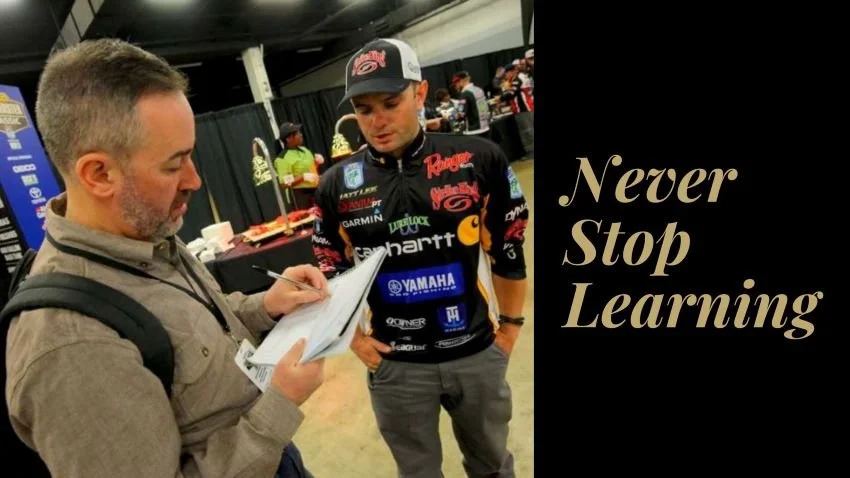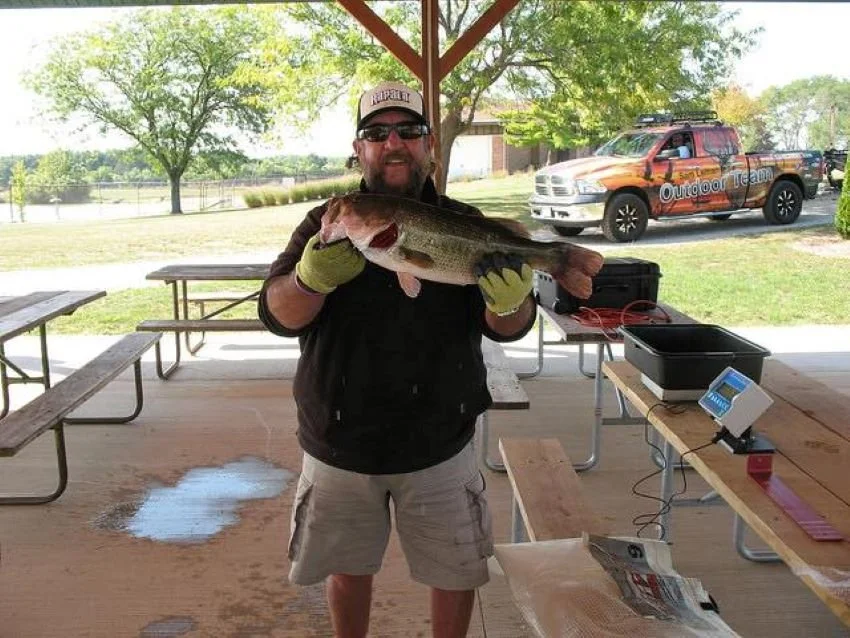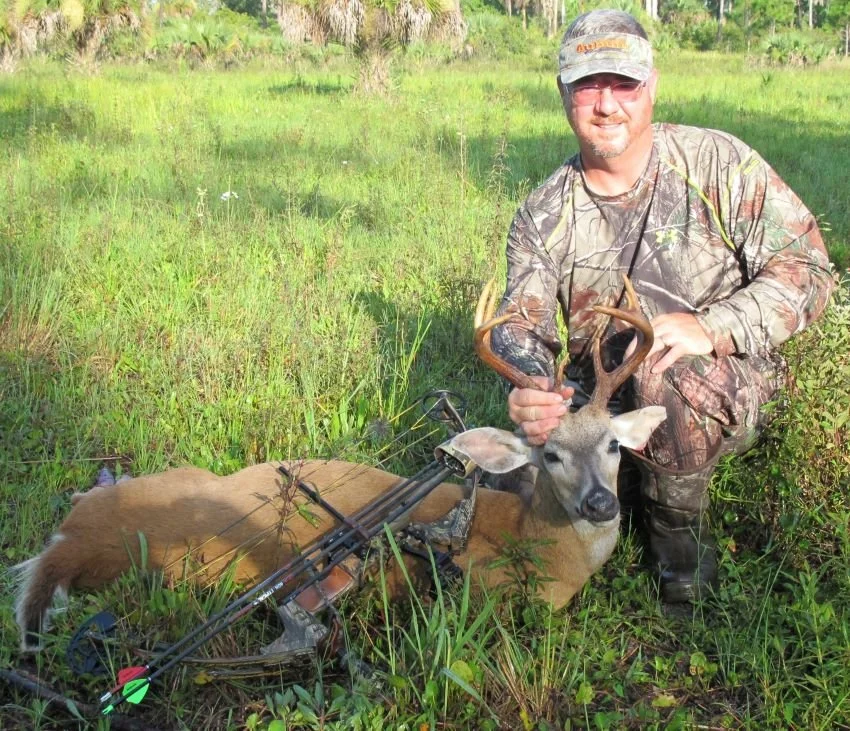Four Outdoor Writing Lessons from Other Writers
Plato: “Those who tell stories rule society.”
I never attended journalism school, never worked on my college newspaper, and have no formal training in writing for magazines and websites. That’s meant to come off as an explanation for the occasional stylistic lapse rather than an excuse for my mistakes. Despite the lack of training, I’ve made a career out of writing about fishing – and to the extent that I’ve been able to avoid major gaffes and errors, it’s been because there has been a lot of mentoring and lessons from other writers along the way. Here are four that I’ve received that I carry with me every day:
Steve Bowman: Tell Me a Story
Early in my tenure writing for BASS, I asked editor, writer, and gravel-voiced soothsayer Steve Bowman approximately how many words he wanted in an assigned article. I’d become used to editors at least giving me some guidelines to get a sense of what they expected. “Robbins, just tell me a story,” was his response. Indeed, as both Bowman and Plato (see above) recognized and instructed, every article – no matter how technical, no matter how instructive – must have a story with a beginning, a middle and an end. You are buying your reader’s attention with every word, and one misstep and they have a million other focus-grabbing options they can take instead. Yes, you need to convey information, but you have to seize their attention early on and not relinquish the grip.
Terry Battisti: Think of Your Reader’s Attention Span
Actually, I think Terry got this one from longtime In-Fisherman writer Rich Zaleski, but I heard it from TB, so I’ll give him credit for at least an assist: “Don’t write anything that’s too long for Bubba to read while he’s taking a shit.” This is a corollary to the first rule, which says that the length of your article doesn’t matter. It does matter insofar as you have to maintain their interest and attention. Your reader is going to be distracted – and there’s a “correct” number of words for every effort. It could be 10, it could be 10,000, but there’s some sweet intersection of their allotted time and your need to cram in a certain amount of information. Your job is to find where those axes meet.
Terry Brown: Have a Voice
Here’s another one from circa 2009 or 2010. I was writing for Wired2Fish and I’d pitched them a story about a young tackle company exec whose mentor was retiring and he was being handed the keys to the kingdom. Imagine this – you’re 29 years old, and you’ve been tapped to take over a role coveted by people throughout the industry with far more years. Accordingly, I styled the pitch as “The Kid in the Candy Store.” Terry Brown at W2F gobbled it up, but when I came back with a draft, it was dull and fairly clinical. I talked about the guy’s background, had a mediocre quote or two, and that was it. “What happened to the fun pitch you wrote me?” Terry asked. “Come back to me with something with that same voice.” I did, and it was a pleasing rewrite. It was also a great lesson that you have to meet your audience with a voice that they’ll relate to. Use humor when you can, pathos when needed, and don’t oversell or underestimate what they bring to the table.
All three of those examples share the same basic theme: Your readers, or potential readers, have their phones, they have their screaming kids, they have their spouses, they have an angry boss, and they have tackle they want to sort – along with 12 different streaming services. If you’re going to garner their attention, and keep it, whatever you write better be pretty damn compelling. You have to meet them where they live and then grab them and lead them into your world.
Another friend and longtime outdoor writer gave me a lesson about the business. It’s not directly related to the first three, but I it’s been a good guideline for my career:
Alan Clemons: Fire Your Clients
As with Battisti’s lesson, I think that this one is secondhand. If I’m not mistaken, Clemons got it from the late Tim Tucker. Every year he’d either get rid of the pain in the ass clients, or tell them he was raising his rates by X%. The goal was to keep making at least the same money and continue to remain engaged in the process. No one should become a fishing writer to become monetarily wealthy, so you have to find other forms of bliss in the process. If you’re not satisfied creatively, or in some other meaningful way, by a particular client, assignment or genre or assignment, then there’s no shame in taking a step back. The more excited you are about the product, the more compelling it will be, and that’ll help you fulfill rules one through three.









